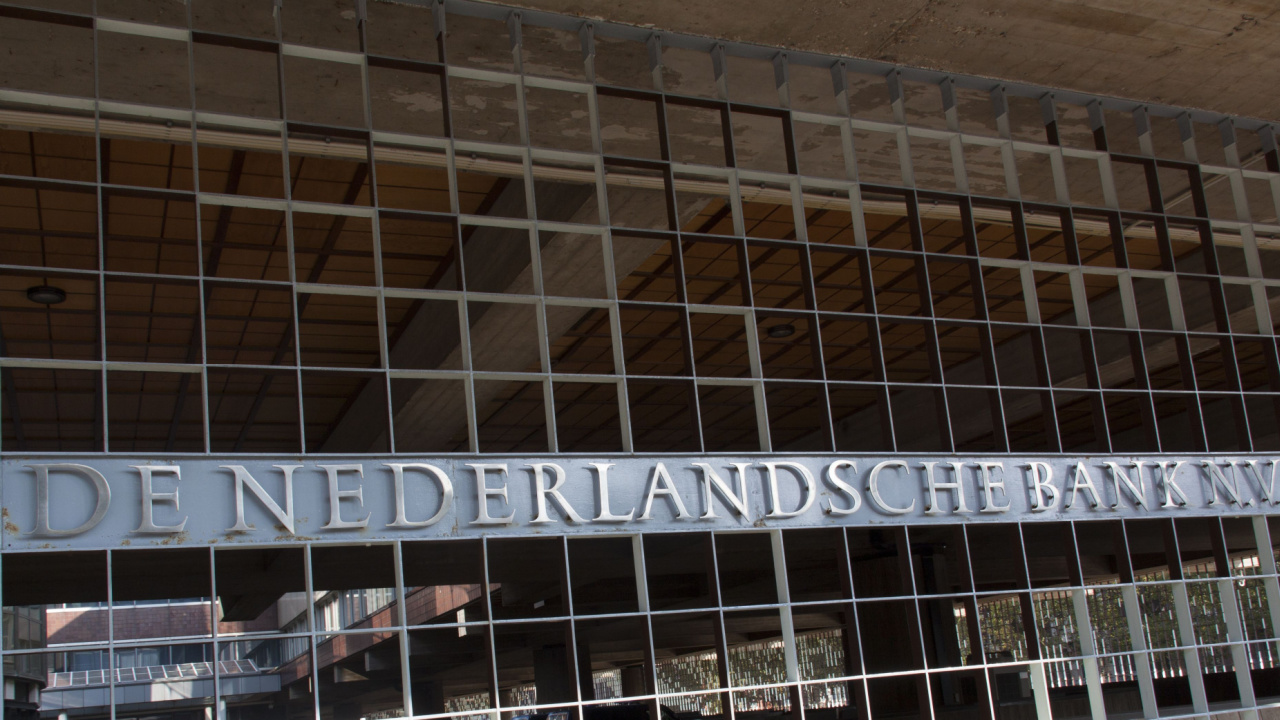Cryptocurrencies Affect Central Bank Tasks, Dutch Monetary Authority Says, Urges Global Regulation – Regulation Bitcoin News
3 min read
Convinced that cryptocurrencies are affecting the tasks performed by monetary authorities around the world, the Dutch central bank has urged for comprehensive international regulations. The call comes after research into the development of crypto assets and policy responses.
‘Proper Regulation Indispensable for Risky Cryptos,’ Dutch Central Bank Insists
Bitcoin, tether, and other digital coins are affecting many of the tasks and objectives of central banks and supervisory authorities, according to Steven Maijoor and Olaf Sleijpen, members of the Executive Board of De Nederlandsche Bank (DNB). The two presented a new study, “Crypto-assets: evolution and policy response,” into the rapid development of cryptocurrencies.
“While the crypto markets have become somewhat less hyped over the past six months due to global interest rate hikes, investment fraud and cybercrime, cryptos are here to stay, and international financial authorities simply cannot afford to look the other way,” the Dutch central bank said in a post titled “Proper regulation indispensable for risky cryptos.”
The DNB is emphasizing the importance of swiftly agreeing on international rules for cryptocurrencies. The bank believes that effective regulation would help to leverage their innovative added value, in terms of potential for storing and transferring value without a central party, while avoiding stifling innovation due to the risks associated with their speculative nature.
Unbacked Coins Not Suitable as Money, DNB Thinks Stablecoins Are Better
The authors of the research conclude that “clearly, unbacked cryptos like bitcoin are not suitable for use as money” as their prices are too volatile to allow them to function as a means of payment, store of value and unit of account. Besides the lack of underlying assets, they also highlight the great number of digital coins which, as they say, can be confusing when it comes to pricing.
Stablecoins, on the other hand, should prevent such volatility as they are backed by euros, U.S. dollars, or other assets, adding to the benefits of decentralized transaction settlement, the DNB elaborates. These crypto assets can contribute to cheaper cross-border payments, for example, but without appropriate regulation their widespread use could also pose risks to financial stability.
New EU regulations, such as the Markets in Crypto-Assets Regulation (MiCA) package, differentiate between backed and unbacked cryptocurrencies and introduce requirements for issuers and market participants, the Dutch central bank points out. However, “laws, regulations and supervision will never mitigate all risks, if only because of the international nature of cryptos,” De Nederlandsche Bank notes and vows to contribute to international standards in that area.
What do you think about the De Nederlandsche Bank’s conclusions regarding cryptocurrencies and stablecoins? Let us know in the comments section below.
Image Credits: Shutterstock, Pixabay, Wiki Commons, JPstock / Shutterstock.com
Disclaimer: This article is for informational purposes only. It is not a direct offer or solicitation of an offer to buy or sell, or a recommendation or endorsement of any products, services, or companies. Bitcoin.com does not provide investment, tax, legal, or accounting advice. Neither the company nor the author is responsible, directly or indirectly, for any damage or loss caused or alleged to be caused by or in connection with the use of or reliance on any content, goods or services mentioned in this article.
Read disclaimer






